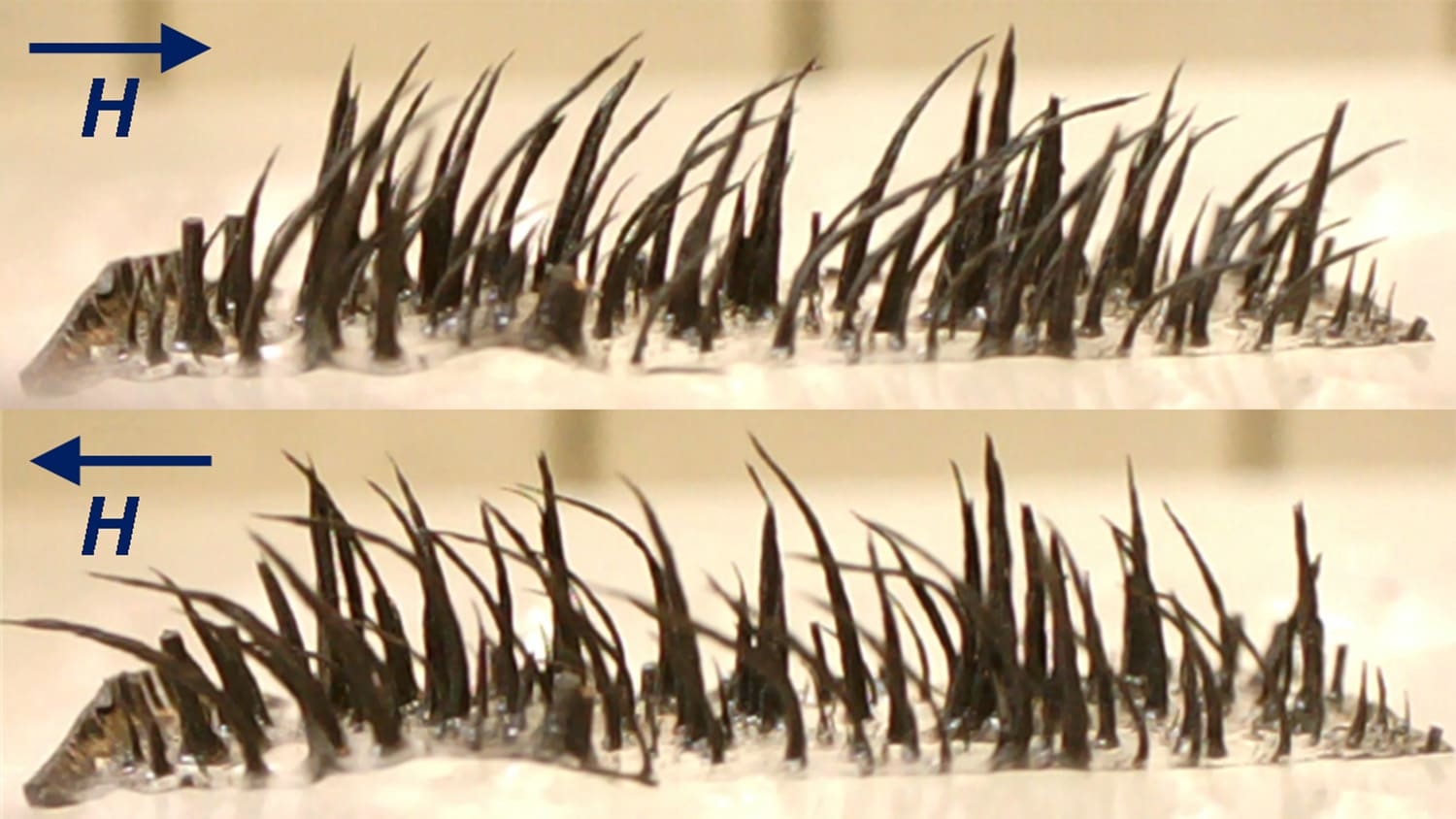MSE, Carbon Electronics and the Future of Technology
Over the past year, NC State has positioned itself to take the lead in the emerging field of carbon electronics, thanks in large part to NC State’s Department of Materials Science and Engineering’s (MSE’s) research expertise and facilities.
Carbon-based electronic materials are expected to be the basis of many next generation technologies in coming decades, largely because traditional silicon-based materials are approaching their fundamental limits in terms of miniaturization and capacity.
In other words, it’s a competitive field – and those who are slow to embrace it may find themselves at a significant competitive disadvantage.
The University of North Carolina system recognizes that, and in February 2015 made NC State the lead institution in a three-year, $2.8 million Research Opportunities Initiative (ROI) project called the NC Carbon Materials Initiative: Materials Design, Processing, and Manufacturing for Defense and Energy Needs. That funding is earmarked primarily for equipment and infrastructure, which the UNC system hopes “will open the door to revolutionary computing approaches, truly renewable energy sources, and self-sustaining systems.”
But that equipment and infrastructure is useless without the talent to take advantage of it. The initiative is headed by NC State physics professor Harald Ade, but MSE will be playing a major role.
“Our objective is to advance our fundamental understanding of the properties of carbon-based electronic materials, develop those materials, and use them to create new devices,” says MSE Department Head Justin Schwartz. “MSE sits right in the middle of that science-to-technology continuum.”
To that end, some of the NC Carbon Materials Initiative funding helped MSE bring carbon electronics researcher Franky So to NC State [see sidebar].
“One of the reasons we’re so excited to have Franky So on board is that he is an international leader in the fields of synthesizing and characterizing carbon electronic materials, as well as exploring relevant applications ranging from sensors to extreme light sources,” Schwartz says.
But MSE won’t be relying on So’s expertise alone. The department will be capitalizing on its longstanding expertise in computational and optoelectronics materials research to make headway on the ROI goals.
“We’re laying the groundwork to be one of the global leaders in carbon electronics, because we think these materials will be the basis of new technologies for 20-30 years,” Schwartz says.
And NC State agrees.
The university has made carbon electronics the focus of a “cluster hire,” meaning that it will be hiring at least five faculty who have demonstrated interdisciplinary expertise in the field. The hires will likely be spread across multiple colleges and departments – but are all expected to collaborate in advancing our understanding of carbon electronics and its potential applications.
At its heart, organic electronics research will focus in large part on understanding the structure, properties, and performance of these materials – and how processing techniques influence them. And while the technology may change, those research challenges have always been at the core of materials science and engineering.
- Categories:


